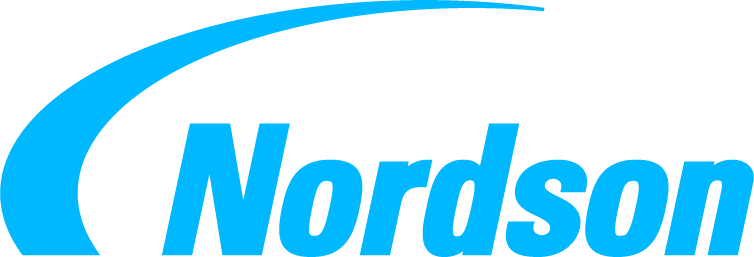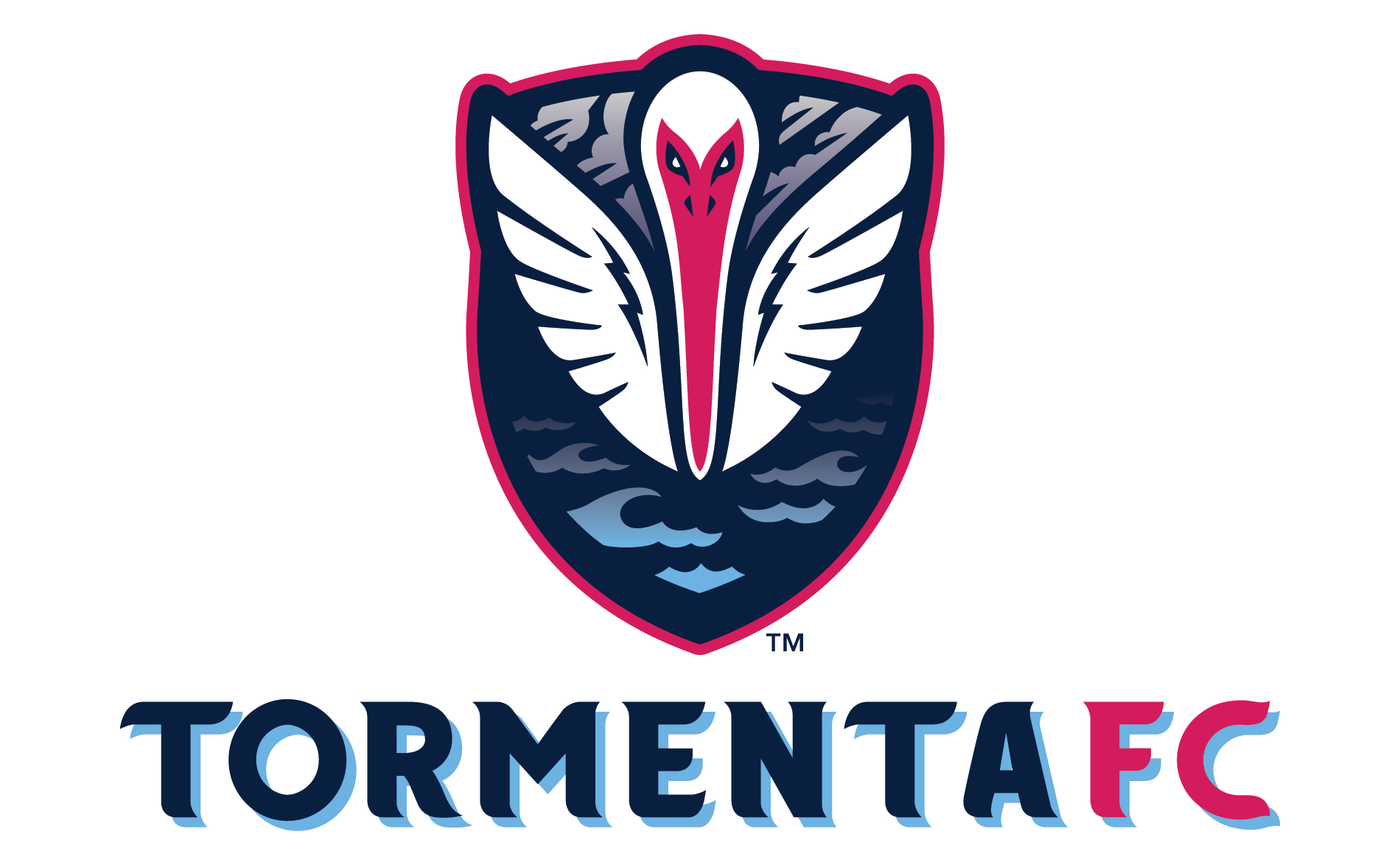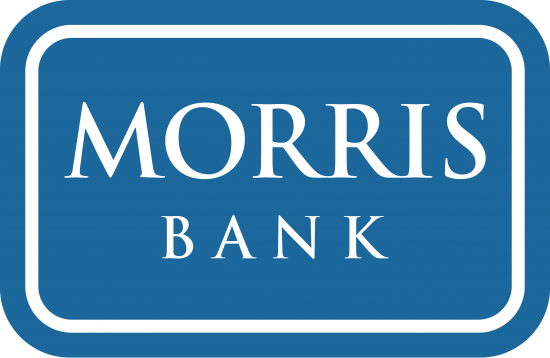Career Resources for International Students
The Office of Career and Professional Development aims to support international students at all points of the career development process. Below are helpful resources specific to this population of students, including tips on writing résumés, searching for a job, interviewing, gaining experience, and other topics on the student-to-career transition.
Résumé Tips
The Office of Career and Professional Development offers many resources to help you craft your résumé. These resources include the Résumé and Cover Letter Guide, Résumé Review via Handshake, and Scheduled Appointments with your Career & Internship Advisor.
In addition, take note of the following cultural differences in résumés:
| A US résumé includes: | A US résumé DOES NOT include: |
|---|---|
| Personal information such as full name and contact information (cell phone and email) | Personal information such as age, gender, marital status, race/ethnicity, home country, religion, international address, etc. |
| Links to a personal website, blog, or LinkedIn profile (optional) | Immigration status |
| Education (highest degree first) | Photograph |
| Relevant experiences in addition to formal internships or jobs, such as research experiences, course/independent projects, student leadership, volunteering, and technical skills (language, computer, etc.) | English language as a skill |
Job Search
A job or internship takes a combination of numerous resources and strategies. The following resources provide a variety of lists of potential sponsoring employers, professional development tips, and job opportunities. Utilize these resources as you build your job search strategy and create a target employers list.
- Handshake – Handshake is a career services management tool designed for Georgia Southern students and alumni. Handshake offers filters that support all work authorization needs and opportunities in countries outside of the US.
- CareerShift – CareerShift helps job seekers successfully navigate the published and hidden job market to find career opportunities. CareerShift offers filters that support all work authorization needs and opportunities in countries outside of the US.
- On-campus employment opportunities – Search and review job openings at Georgia Southern University.
- MyVisaJobs -MyVisaJobs is an information portal and online community for visa job hunters around the world.
- E-Verify – E-Verify is a tool used to confirm that an employer is part of the Federal e-verify program for OPT, OPT-STEM, and H1-B.
- H-1B Employer Data Hub – The H-1B Employer Data Hub includes data from the fiscal year 2009 through the fiscal year 2021 (quarter 3) on employers who have submitted petitions to employ H-1B nonimmigrant workers.
- Inside Higher Ed: – Job tips for international students – This article provides suggestions that may help you to plan strategically for your job search.
- FirstHand – FirstHand International blog connects you with a community of insiders and mentors with advice to support your career ambitions.
*Note: the job postings above include only opportunities from employers that support CPT/OPT and are willing to sponsor.
Interview Preparation and Practice
Interviewing is a skill that is developed over time. It is your chance to have a conversation with the interviewer, make connections with them, and most importantly, convince the employer that you are the ideal candidate for the position. The Office of Career and Professional Development provides services to help you improve your interviewing skills. Utilize Big Interview or schedule a mock interview appointment with your Career & Internship Advisor to learn and practice your interview skills.
Here are some additional interviewing tips:
- Treat everyone you meet with respect, regardless of their title or level in the company.
- Be mindful of your non-verbal communication.
- Be confident and enthusiastic in marketing your qualifications for the position. US culture is a highly individualistic and direct culture were clearly expressing that you are the best candidate for the position is crucial.
- Emphasize the advantages of being an international student. For bilingual international students, your language skills and cross-cultural communication skills can be an asset especially as more companies are increasing their global presence. Studying abroad also takes initiative, resourcefulness, persistence, ability to interact with diverse individuals and adaptability to new environments – all skills employers value and look for in candidates.
- Understand your work authorization options. Although it is illegal for employers to ask about your immigration status, they are able to ask if you have work authorization to work in the US and if you will need visa sponsorship now or in the future. If you have specific questions about your work authorization options, review the information from Georgia Southern’s International Student Admission & Programs.
How to Gain Experience
All the research tells us that to get a job, you need experience. Below are a few things that international students can do to gain experience in the United States.
Think inside the classroom.
Many courses require projects and group work. This can help you gain “soft skills” which are necessary for any job opportunity. Soft skills can include collaboration, communication, analysis, resolving conflicts, managing multiple priorities, etc. Class projects are especially useful for Computer Science and Engineering students to showcase their practical application of the knowledge they’re gaining in their classes. CS majors should showcase these projects on GitHub or similar sites as well.
Start a personal blog about your experiences.
Write a blog to share about your experiences coming to a new culture and ways that you’re making it a home-away-from-home. Or share what you’re learning in classes or about your new neighbors. Not only will this help you process your experiences and share them with the world, but it will also help you work on your written communication skills, which in turn will show an employer that you take learning English (if it’s not your native language) as a priority. Particularly if you’re a Communications or Marketing major, this can be a great way to showcase your skills to future employers.
Get an on-campus job and/or participate in research opportunities.
Working on-campus jobs typically doesn’t have the same restrictions that working outside of school entails (CPT). Visit the Student Employment Center to review all on-campus positions. Learning through research is also a great way to pursue original research ideas, acquire valuable experience, and meet experts in your field. Visit the Office of Research to find faculty areas of interest and additional resources. It is recommended that you always check in with Georgia Southern’s International Student Admission & Programs before accepting any type of employment.
Join student organizations and/or volunteer.
Joining a student organization or doing volunteer work with a non-profit organization (be careful to make sure it’s volunteering and not an unpaid internship!) is a great way to build valuable experiences, acclimate to US culture, learn about networking/small talk, and practice your English speaking skills. While these seem like small things, employers want to see that you’re involved and have interests outside of school. To join an organization, visit the Office of Student Activities. To explore volunteer opportunities, visit the Office of Leadership & Community Engagement.
Visa Information
As you search for jobs or internships, it is important to understand the processes to employment associated with your visa and be able to provide accurate information to potential employers. The following resources provide visa information.
- Georgia Southern’s International Student Admissions & Programs
- International Students: Visa Process and Time Frame – the United States visa process can be a confusing path to map out. From CPT vs. OPT to deadlines and conditions, the process sees upwards of 80% of international students returning home to their countries after graduation. The best way to land in the 20% that find successful employment is to fully understand the process from start to finish!
- US Department of Labor
Transitional Resources
US cultural and employment norms may be quite different for an international student transitioning to the US. The following resources are articles that provide various information on cultural norms in relation to career development.
- How to Navigate your Way Through American Workplace Culture
- How to land a job in the U.S. (as a foreigner) in 2021
- The Big Challenge of American Small Talk
- Overcoming Barriers to International Employment
- Working in the US as an International student
Last updated: 2/2/2024














